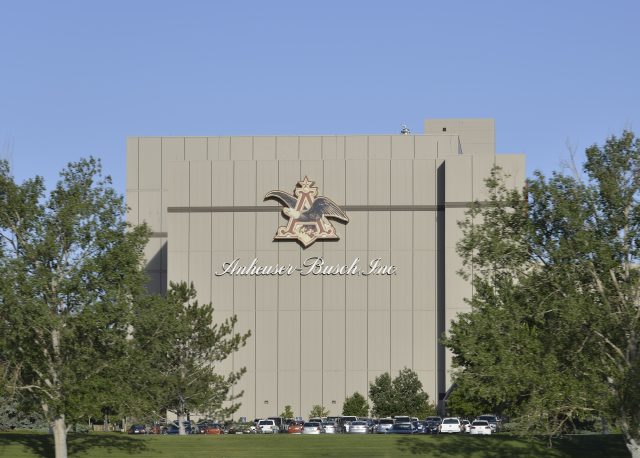This website uses cookies so that we can provide you with the best user experience possible. Cookie information is stored in your browser and performs functions such as recognising you when you return to our website and helping our team to understand which sections of the website you find most interesting and useful.
AB InBev lays off hundreds of workers
AB InBev is laying off hundreds of workers across its US corporate staff in a move that follows months of decline for its Bud Light brand.

Speaking this week, AB InBev confirmed that the job cuts would “simplify and reduce layers” within the company and referred to the job cuts as “corporate structure changes” for the business.
The beer company has seen drastically declining sales connected to its Bud Light brand since April. The situation, which saw conservative drinkers vowing to boycott the beer brand after transgender influencer Dylan Mulvaney posted about it on her Instagram also led to a backlash from LGBTQ+ rights groups alleging the company didn’t do enough to support her.
Mulvaney then publicly shared how she felt abandoned by the company after facing “more bullying and transphobia” due to the partnership.
Bud Light continues to lose market share in the US to brands such as Modelo Especial, which recently overtook Bud Light in sales for the first time.
AB InBev CEO Brendan Whitworth said in a statement: “While we never take these decisions lightly, we want to ensure that our organisation continues to be set for future long-term success.”
Whitworth added: “These corporate structure changes will enable our teams to focus on what we do best — brewing great beer for everyone and earning our place in the moments that matter.”
AB InBev also revealed that the job cuts would impact fewer than 2% of its workforce and has assured that warehouse staff, drivers and other frontline employees would not be affected.
Despite AB InBev not sharing a timeline for the layoffs in its statement, according to The Wall Street Journal, the restructuring has already eliminated marketing and corporate roles at the company’s major US offices, including those in New York and Los Angeles.

